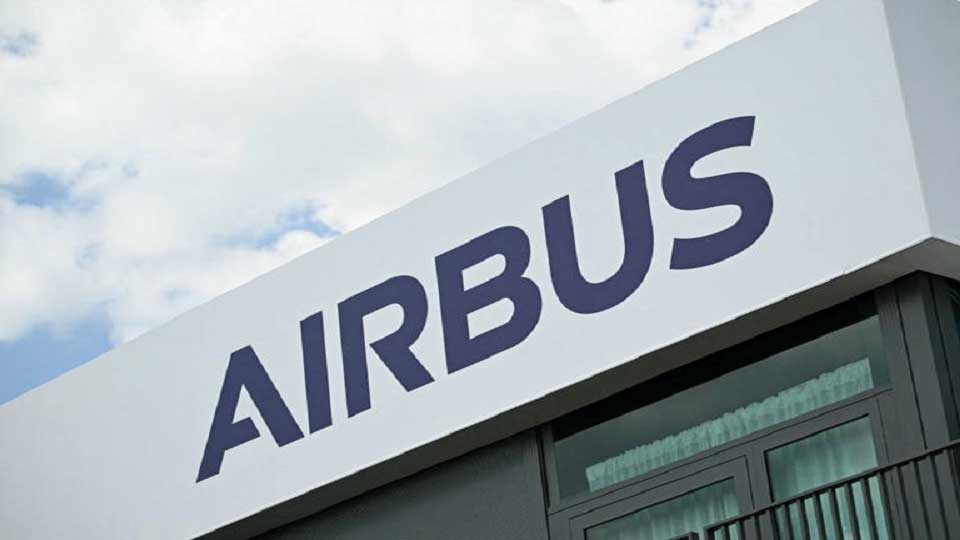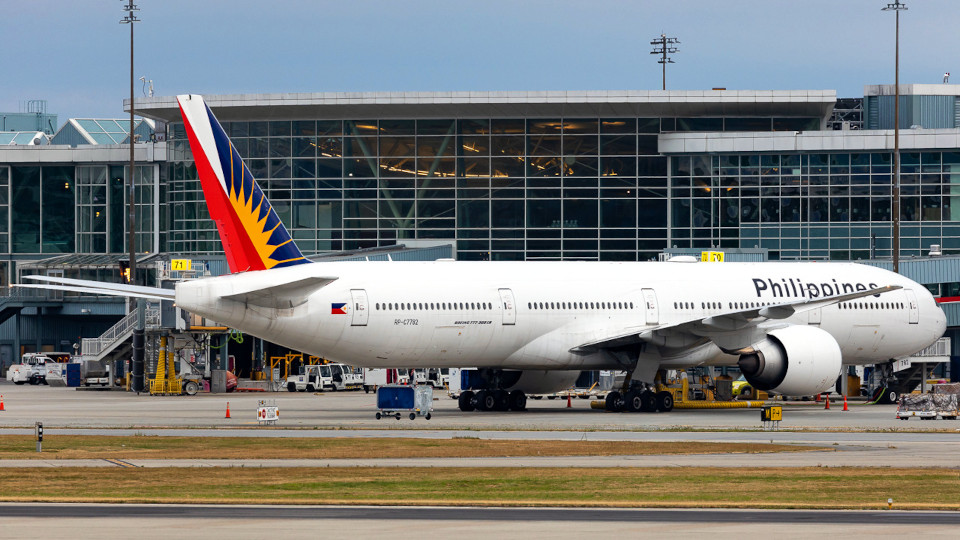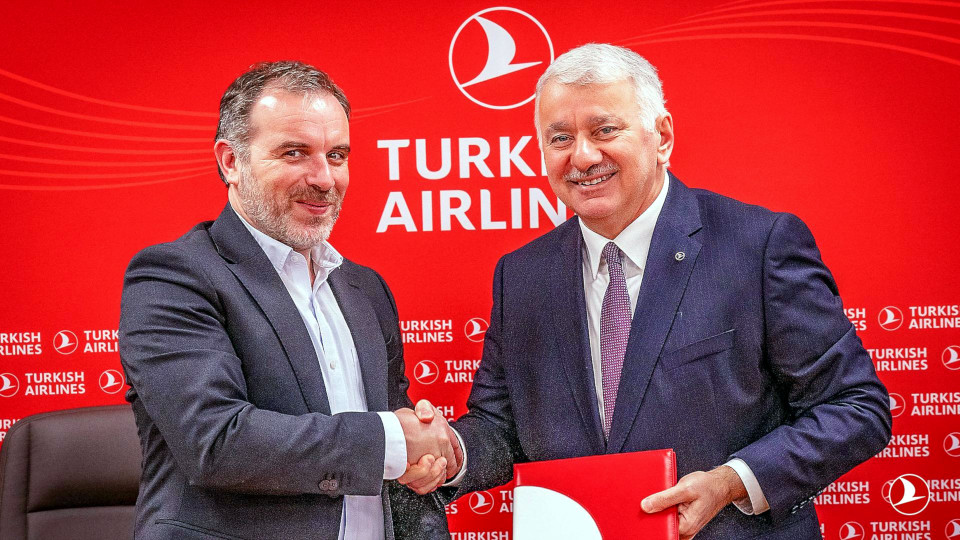
Dhaka: Airbus has projected a 45pc rise in the global fleet of dedicated freighters over the next 20 years, despite recent delivery delays and supply chain challenges, according to its 2025 Cargo Global Market Forecast (GMF).
The worldwide freighter fleet is expected to reach 3,420 aircraft, comprising 815 existing freighters and 2,605 additional aircraft. Of the additional freighters, 1,530 will replace older aircraft and 1,075 will be newbuilds.
The 2,605 additional freighters will include 1,120 small aircraft, 855 mid-size widebodies, and 630 large widebodies, with 1,670 converted from passenger aircraft and 935 built new.
By comparison, Cirium’s 2025-2044 fleet forecast anticipates nearly 3,300 new freighters over the next two decades.
Airbus said global GDP and trade remain the main drivers of air cargo, forecasting 3.3% annual demand growth over 20 years, almost doubling cargo volumes.
The Asia-Pacific and North America regions are expected to account for nearly two-thirds of freighter demand, requiring 850 and 920 aircraft, respectively.
Airbus highlighted that older freighters will be gradually replaced by more fuel-efficient aircraft, including the A350F, A320/A321 and A330 Passenger-to-Freighter (P2F) conversions, while new industrial and consumer hubs in countries such as Brazil, Indonesia, and Vietnam are expected to reshape global air cargo flows.
Airbus emphasized the critical role of air cargo in supporting economies, connecting remote regions, and transporting essential and health-critical goods.
-B











